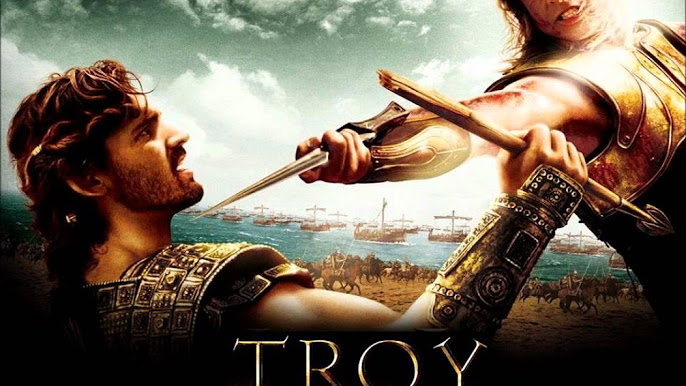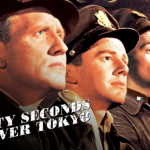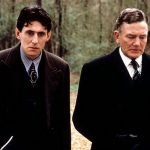Troy (2004): The Epic Tale of War, Honor, and Fate
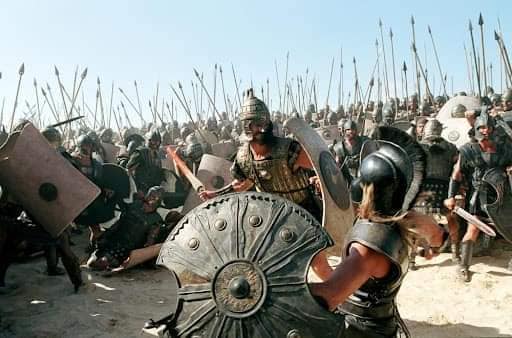
Director: Wolfgang Petersen
Main Cast:
- Brad Pitt as Achilles
- Eric Bana as Hector
- Orlando Bloom as Paris
- Diane Kruger as Helen
- Brian Cox as Agamemnon
Plot Summary:
“Troy” is a sweeping epic that brings to life the legendary events of the Trojan War, inspired by Homer’s “Iliad.” The film focuses on the conflict between the Greek forces, led by King Agamemnon (Brian Cox), and the city of Troy, ruled by King Priam (Peter O’Toole). At the heart of the story are two of history’s greatest warriors: Achilles (Brad Pitt), the invincible Greek hero driven by glory, and Hector (Eric Bana), Troy’s noble prince, who fights to defend his city and family. The war ignites when Paris (Orlando Bloom), Hector’s brother, abducts Helen (Diane Kruger), the beautiful queen of Sparta, sparking a decade-long battle filled with betrayal, love, and tragedy.
Why It’s a Must-Watch:
-
- Grand Scale and Epic Battles: “Troy” is a visual feast, with massive, meticulously crafted battle scenes that bring the ancient world to life. From the storming of Troy’s beaches to the climactic showdown between Achilles and Hector, the film delivers some of the most memorable and intense combat sequences in cinematic history.
- Star-Studded Cast: The film boasts a stellar ensemble cast, with Brad Pitt’s portrayal of Achilles standing out as one of his most iconic roles. Eric Bana’s Hector offers a compelling counterpoint, embodying honor and duty, while Orlando Bloom and Diane Kruger add emotional depth as the star-crossed lovers, Paris and Helen.
- Humanizing Myth: While “Troy” is based on myth, it grounds its characters in human emotions and motivations. The film explores themes of honor, pride, love, and destiny, showing that even legendary figures are driven by the same desires and fears as ordinary people.
- Stunning Visuals and Production Design: “Troy” is a visual spectacle, with breathtaking sets, detailed costumes, and impressive CGI that brings ancient Troy to life. The film’s portrayal of the Trojan Horse is particularly iconic, capturing the cunning and ingenuity of the Greeks.
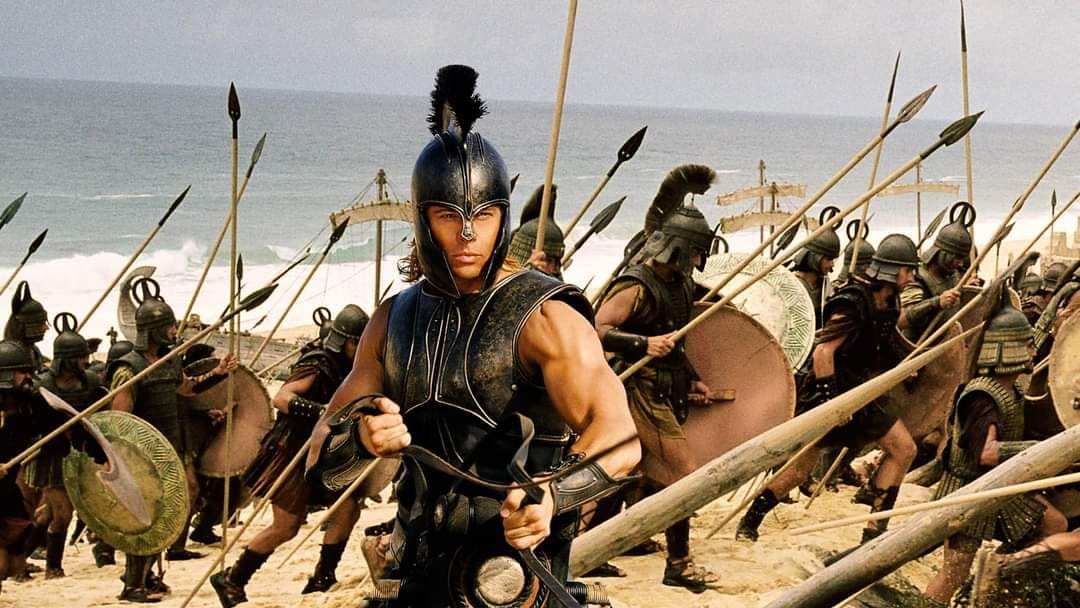
Cinematic Techniques:
- Realistic Combat: The film’s action sequences emphasize realism, with brutal, gritty combat that contrasts with the more stylized violence of other historical epics. The choreography of the fight scenes, especially the duel between Achilles and Hector, is both visceral and emotionally charged.
- Character-Driven Narrative: While “Troy” is an action-packed epic, it never loses sight of its characters. The film delves into the personal conflicts and relationships that drive the larger war, offering a more nuanced portrayal of its heroes and villains.
- Epic Score: Composer James Horner’s score adds grandeur and emotion to the film, perfectly complementing the epic scale of the story. The music enhances the drama and tension, making the film’s key moments even more impactful.
Legacy and Influence:
- Revival of the Epic Genre: “Troy” helped reignite interest in historical and mythological epics, paving the way for other films and series that explore similar themes and settings. Its success demonstrated that there was still a strong audience appetite for grand, sweeping stories set in the ancient world.
- Cultural Impact: The film introduced the story of the Trojan War to a new generation, making the characters and events more accessible to modern audiences. It also sparked renewed interest in Greek mythology and the historical context of the Trojan War.
Conclusion: “Troy” is more than just a retelling of an ancient legend; it is a powerful exploration of the human condition, set against the backdrop of one of history’s most famous conflicts. With its compelling characters, intense battle scenes, and sweeping visuals, “Troy” remains a must-watch for fans of epic cinema. Whether you’re drawn to the action, the drama, or the timeless themes of honor and fate, “Troy” offers an unforgettable cinematic experience.
